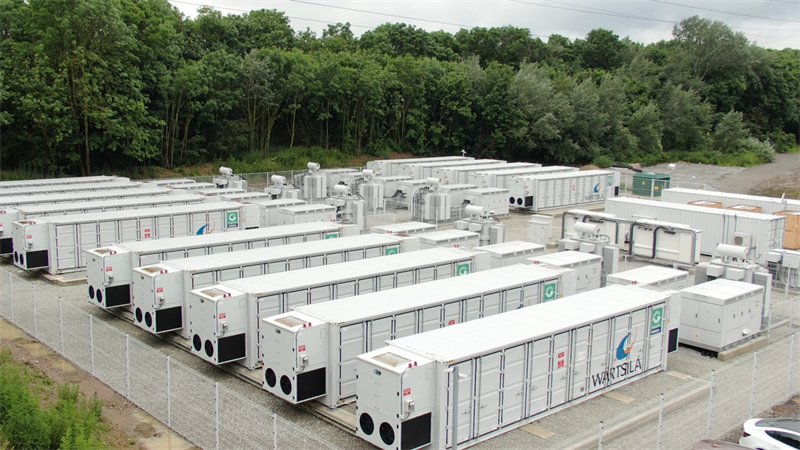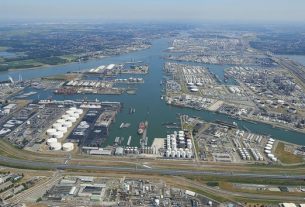United Kingdom – Pivot Power, a subsidiary of EDF Renewables, has activated a 50 MW lithium-ion energy storage system supplied by the technology group Wärtsilä near Kemsley, Kent, to aid in the integration of renewable energy into the UK’s National Grid.
Wärtsilä provided an energy storage system for the Kemsley substation in South England, which is directly connected to the National Grid’s high-voltage transmission network. The system is the second to be activated as part of Pivot Power’s statewide deployment of Energy Superhubs, following the first in Cowley in June. Pivot Power intends to build up to 40 comparable sites across the UK, providing up to 2 GW of flexible capacity.
According to recent power system modeling by Wärtsilä, the UK seeks to align its energy sector with its net-zero ambition, and energy storage capacity will need to rapidly increase to 18 GW by 2035 to achieve this transformation. Energy storage is critical for providing the flexibility required to improve the country’s power system’s reliability while also integrating more renewable generation cost-effectively. Pivot Power’s Energy Superhub network could deliver over 10% of the energy storage expected for the UK by 2035, as well as contribute to the creation of a smarter, more flexible grid.
Wärtsilä has provided innovative energy storage technology for the Kemsley project, as well as its GEMS Digital Energy Platform, which harnesses artificial intelligence and machine learning for a wide range of applications and provides important input to stakeholders. The dynamic containment market, a major frequency response service recently introduced by the National Grid, is supported by GEMS software.
Wärtsilä and Pivot Power recently announced a deal for 100 MW/200 MWh of energy storage in the West Midlands, split between two sites in Coventry and Sandwell, near Birmingham. Installing and properly operating large-scale energy storage devices will allow the UK grid to optimize its wind and solar energy potential and achieve its goal of a net-zero power sector by 2035.
The UK market has enormous potential to enable the construction of large amounts of energy storage. According to Wärtsilä’s Energy Transition Lab, introducing flexibility to the UK power system via energy storage can offer a higher percentage of renewable generation (62 percent) than adding wind and solar without flexibility, with commensurate storage utilization increasing.




